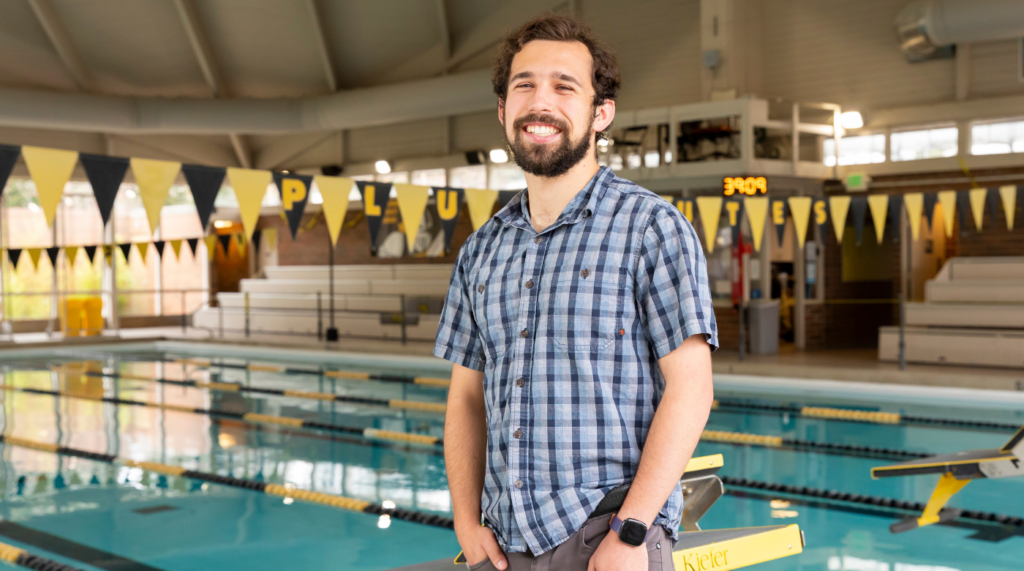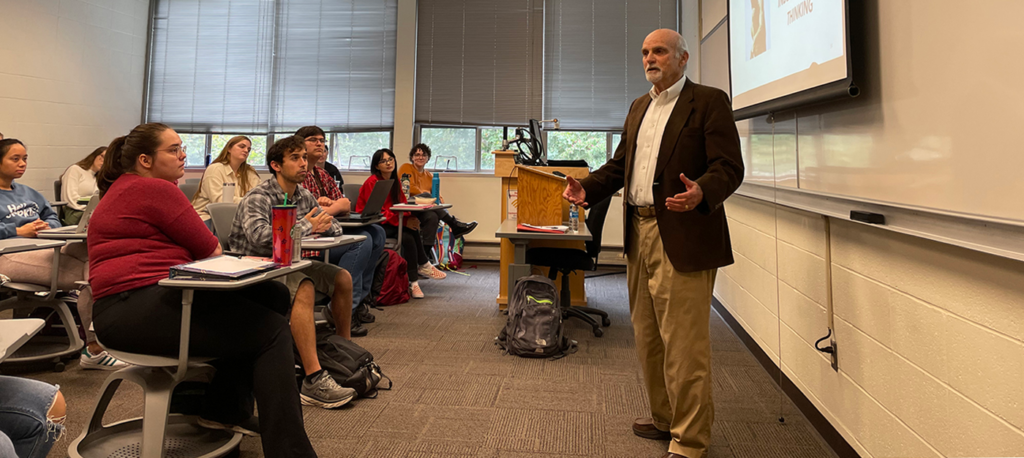Page 673 • (6,919 results in 0.063 seconds)
-
media attention. Presenters: Kevin P. Spicer, the James J. Kenneally Distinguished Professor of History at Stonehill College, Easton, Massachusetts Martina Cucchiara, Assistant Professor of History, Bluffton University in Ohio Martin Menke, Professor of History and Political Science, Rivier University in Nashua, New Hampshire Mark Weitzman, Director of Government Affairs for the Simon Wiesenthal Center and Chief Representative of the Center to the United Nations in New York Moderator: Antonios
-
school’s envelope to the mailing address listed in the instructions for sending official transcripts to GradCAS. If you attended a school or earned your degree outside of the United States, you need to obtain a course-by-course US equivalency report from the World Education Services (WES). This report should then be sent directly to GradCAS from the evaluation service along with the official transcripts which they receive from your schools. PLU current students and graduates do not need to submit PLU
-

-grade education or health insurance until he aged into Medicare. I understand you have experience as a swimming student-athlete. How did you balance sports and school? At first, it was very challenging. I struggled with time management, balancing school work, swimming and socialization. Unfortunately, the pandemic hit during the spring quarter of my freshman year of college. I rushed home. I took this time to reevaluate and focus on my studies and worked on my time-management skills. When the
-

love for ourselves.” It’s also a complex topic—overlapping with many other important subjects including education, healthcare and career. Lucas also points out that hair discrimination doesn’t just affect women. School and sports policies tend to affect boys more than girls, she says. She shares an example from 2018, when a Black varsity high school wrestler, Andrew Johnson, was forced to cut his dreadlocks or forfeit a match. His dreadlocks didn’t comply with state rules around hair being in a
-

the minor but is also a general education course open to all PLU students. Professors from the history, English, German, religion, social work and Hispanic Studies departments worked together to create the course to allow students to investigate the intersections of dehumanization, violent oppression, cultural destruction, and war. “We wanted to highlight the interdisciplinary and global focus of Holocaust and Genocide Studies beyond studying the history alone,” remembers PLU English professor and
-
, accountability, and education. If you have questions or concerns, please contact Archivist and Special Collections Librarian Lauren Loftis at loftis@plu.edu.
-
General InterestThe General Interest Clubs and Organizations are designed for the students looking to engage in their hobbies and interests with other individuals and explore their passion in depth. These clubs and organizations are great for you if you have a more niche hobby or passion and are looking to connect with others while developing skills that can be used throughout life.Anime ClubDescription: We are a club dedicated to the enjoyment and education of anime. We hope to create a
-

Emerging Leaders: Rick Eastman: Rick Eastman 2011Teresa Ciabattari (Sociology) Amber Baillon (Student Involvement & Leadership) Tunnel of Oppression Lauren Fuglevand Nick Butler (Digital Media) Sex + Series Boo Dodson Faculty + Staff Emerging Leaders 2010Faculty + Staff: Jennifer Smith (Women’s Center/Women’s & Gender Studies) David Deacon-Joyner (Music) Stephen Woolworth (School of Education) Students: Dmitry Mikheyev Xochilt Coca Pena Caitlyn Jackson Chelsea Putnam Cross Cultures – Dining
-
. Both primary and secondary education in an English-speaking country or region, including Australia, Canada (other than Quebec), Great Britain, Ireland, New Zealand, or the United States. Students are considered to be a native English speaker. A recognized Intensive English Program (IEP) in the United States and received an English proficiency level equivalent to the required minimum TOEFL/Duolingo/IELTS scores of the applied program. I-20 Processing An I-20 form (Certificate of Eligibility for Non
-
interest for committees (March) Nominations (Mar-April) Campus Vote (April-May) Service (August-May – 3 year terms) Eight faculty-created standing committees currently exist: Academic Performance and Integrity Core Curriculum Educational Policies Faculty Affairs Global Education Governance Instructional Resources Rank and Tenure Committee Service OpportunitiesThe following are non-elected committee opportunities: Interdisciplinary Program Committees Chinese Studies Environmental Studies Global Studies
Do you have any feedback for us? If so, feel free to use our Feedback Form.


